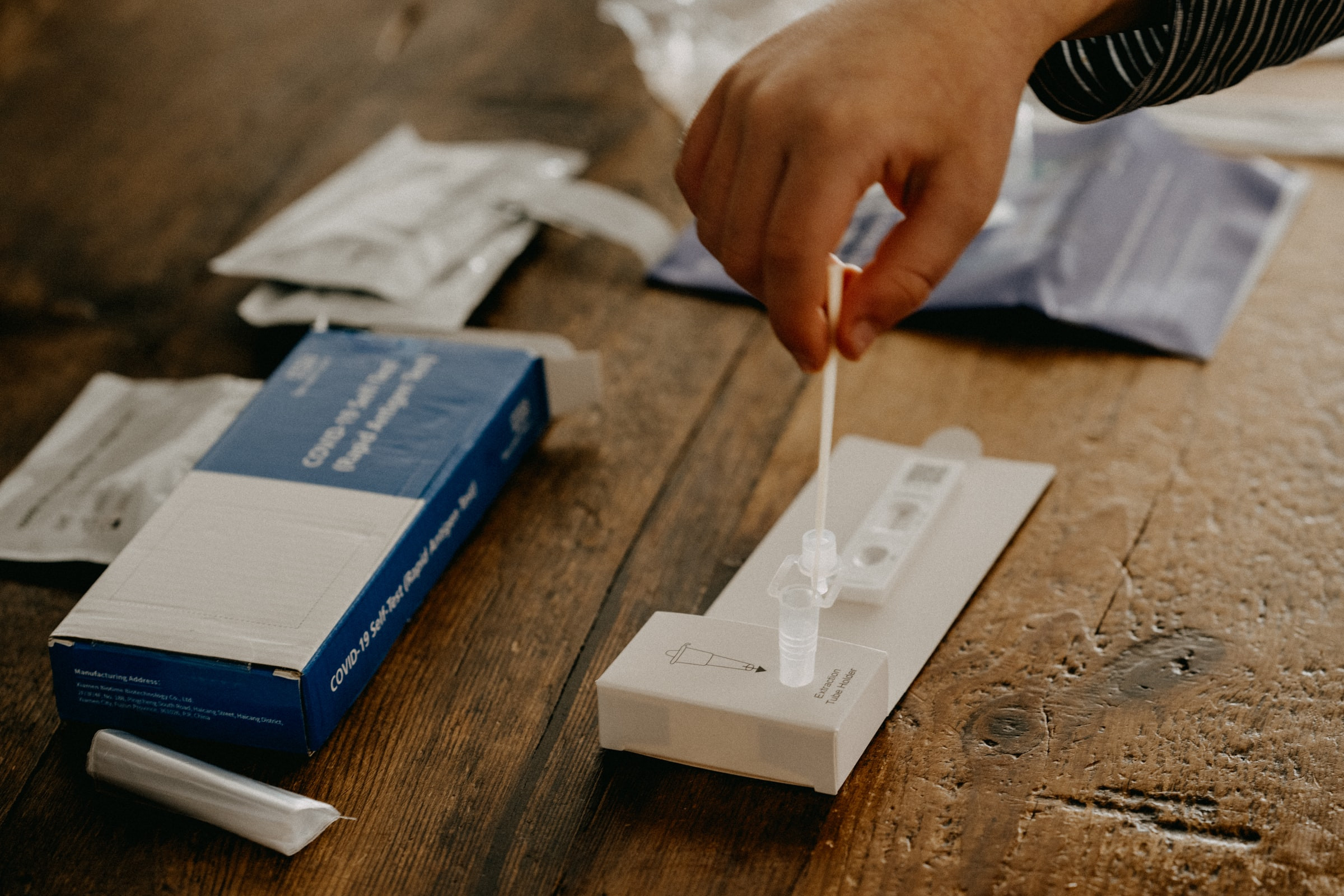
Urgent Steps Needed to Assure Equitable Access for Coming Therapeutics
The need to ensure timely and equitable global access of promising new oral antiviral therapies is urgent. Multiple therapies for early treatment of COVID-19 disease are expected to be available in the near future and hold promise to prevent severe disease and death. The first two such drugs have been developed by Merck (Lagevrio; molnupiravir) and Pfizer (Paxlovid; PF-07321332/ritonavir). Merck has submitted its application for US FDA Emergency Use Authorization and Pfizer reportedly will do so soon. Merck received its first regulatory authorization in the United Kingdom (UK) for use in adults with COVID-19 and at least one risk factor for developing severe disease.
These drugs have the potential to be game-changers in the management of COVID-19, particularly in LMICs where there is limited capacity for using infused treatments, such as monoclonal antibodies. The likely broad indication for use, and the potential to prevent severe disease, will translate to a substantial public health need for these therapies. At some point, they may be recommended for prophylaxis of high-risk contacts of COVID-19 cases. Given the lifesaving potential of these therapeutics, it is critical that the same mistakes made with the global distribution of COVID-19 vaccines are not repeated.
Merck is ramping up its manufacturing capacity and plans to produce 10 million courses in 2021 and 20 million in 2022. Much, if not all, of this supply is likely to be contracted to high-income countries, with global sales already topping 6 million courses. To increase manufacturing and access globally, Merck – with financing support from the Bill and Melinda Gates Foundation – has partnered with eight large Indian drug makers and the Medicines Patent Pool to provide royalty-free licensing of molnupiravir in 105 countries. Pfizer expects to manufacture 180,000 courses of Paxlovid by year-end and at least 21 million courses in the first half of 2022 and has also signed a voluntary licensing agreement with the Medicines Patent Pool, covering 95 countries.
Further steps are needed to assure adequate and equitable production and delivery of these and future oral COVID-19 therapeutics. This begins with refining an evidence-based target for access, and assessing whether plans to produce or provide therapeutics are adequate to meet them. The ACT-A therapeutics pillar aims to enable access to up to 113 million treatment courses for mild and moderate COVID cases in the next 12 months. At the Global COVID-19 Summit, the US proposed that global stakeholders donate and deliver $1 billion in courses of authorized COVID-19 therapeutics for LMICs by 2022 and $2 billion in 2022. Until production contracts are in place, it is difficult to translate these targets into number of courses; the expected price of Merck’s molnupiravir from generic manufacturers in India is approximately $20 per course. Prices for Paxlovid, if authorized, are still unknown but Pfizer has committed to a tiered pricing structure.
Commitments are not yet tied to an evidence-based assessment of likely LMIC need. More rigorous modeling of projected cases in higher-risk individuals, which would be consistent with the emergency authorization indication for molnupiravir in the UK, should be used to refine estimated demand and set agreed-upon targets. COVID GAP will undertake efforts to estimate evolving global demand based on indications for emerging therapeutics and inform more detailed target-setting.
To meet global demand, technology transfer to LMIC manufacturers must happen quickly to ensure adequate manufacturing capacity in the next year. Rapid, large-scale manufacturing of these small-molecule drugs is feasible, if production agreements and supply chain issues are resolved soon. For oral antivirals, there is much to learn from the scale-up of HIV/AIDS therapies, and the opportunity to leverage capabilities of The Global Fund and the US President’s Emergency Plan for AIDS Relief (PEPFAR) to support more effective and accelerated access.
Without the rapid development of specific, evidence-based targets and an action plan for access to COVID-19 oral therapeutics, including associated diagnostic testing, allocation of therapeutics will be inequitable, furthering the disparities in COVID-19 impact and outcomes across countries. Transparency on manufacturing and supply also will be essential to prevent inequitable allocation. As we build out the COVID GAP platform, we will track global supply, manufacturing, and distribution of new antiviral treatments.
